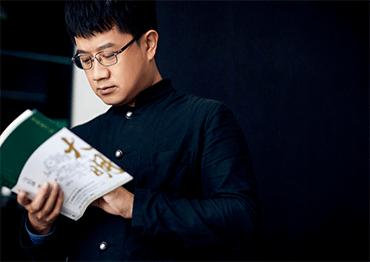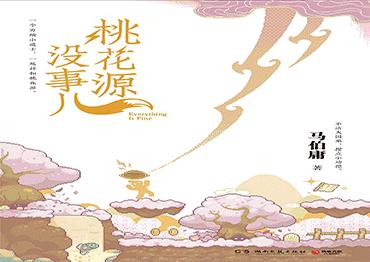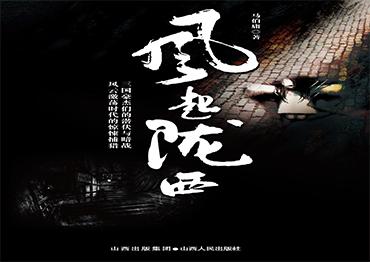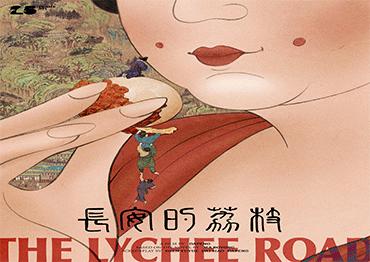Through Ma’s works, readers can find a new perspective on history – one not only about kings and queens, generals and poets, but about countless unknown ordinary people behind the famous incidents.
As the television series The Litchi Road went viral, many viewers related the protagonist’s suffering to that of the stresses of the modern working class.
His decade with the foreign company equipped Ma with a mindset for project management and a strong empathy for stressed working people. “I kept thinking what if this ‘mission impossible’ was given to me. How do you ship fresh lychees? Which route would you take to preserve their freshness? How much money would it cost to deliver,” Ma said.
From his perspective, history should not be only about those who tasted the lychees, but more about the unknown people who delivered them.
“One cannot truly get to know a particular period in history without understanding the feelings of ordinary individuals – their happiness and sorrows, sufferings and hopes,” Ma told NewsChina.
He remembers two inscribed bricks he saw at an exhibition of artifacts from the Three Kingdoms. One brick was carved with a date in 170, 14 years prior to the Yellow Turban Rebellion, a famous peasant revolt in 184 during the late Eastern Han Dynasty. On the brick was inscribed words from a desperate artisan in a chaotic time: “You’ve driven me to despair. Now I wait for the day when the whole world comes to destruction, I will let you pay for what you’ve done.”
Another brick was carved after 280, the year when the Wu state was conquered by the Jin, which marked the end of the Three Kingdoms period. On the brick is an inscription from another unknown artisan, “Jin conquered Wu. The world finally came to peace again.”
“The inscriptions on the two bricks explained how the chaotic Three Kingdoms Period began and how it ended. It gave me a strong feeling that the countless unknown ordinary people’s carvings would eventually converge and determine the course of history,” Ma said.
The protagonist Xuan Qiong in his new book Everything Is Fine is among them. The Taoist priest is cursed to be struck by lightning if he tries to get rich by ill means. Thus, he does not dream of making big money, but he has to make strenuous efforts to maintain order in Peach Blossom Land on a very modest salary. The job has nothing to do with heroism or sublimity. All he does every day is handle trivialities in the community of monsters.
Even the book’s title delivers a touch of bitterness. “On what occasions do people say ‘everything’s fine?’ When you fall on the road and someone lifts you up, you say ‘I’m fine.’ When a teenager gets beaten up at school, and his mother asks him what happened, he might answer ‘I’m fine.’ It’s when things really go wrong that people say ‘everything’s fine,’” Ma said.
He has observed the recent trend that more Chinese historians and historical novelists are focusing on the lives of ordinary people. They argue that historic narratives, either factual or fictional, should not only revolve around the big pictures of changing dynasties and tales of the elites, but also should adopt the perspective of commoners.
Two historians – Luo Xin and Wang Di – have particularly influenced him. Both pay attention to the lives of common people in history and modern times. Luo researches marginal groups such as palace maids in the Northern Wei Dynasty (386-534). Wang specializes in the social and cultural histories of the late Qing Dynasty (1616-1911) and modern China through the perspective of commoners.
“Nowadays, people have more and more problems, doubts and confusions in real life, and many try to seek answers from history. But traditional historical narratives are mostly about significant figures, which provide no valuable experiences to ordinary people for reference. But people’s needs are still there. Therefore, such growing needs will naturally influence historians and writers,” Ma said.
“People don’t just witness history. They are the creators of history,” he added.
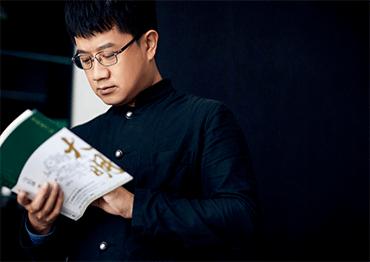
 Old Version
Old Version
